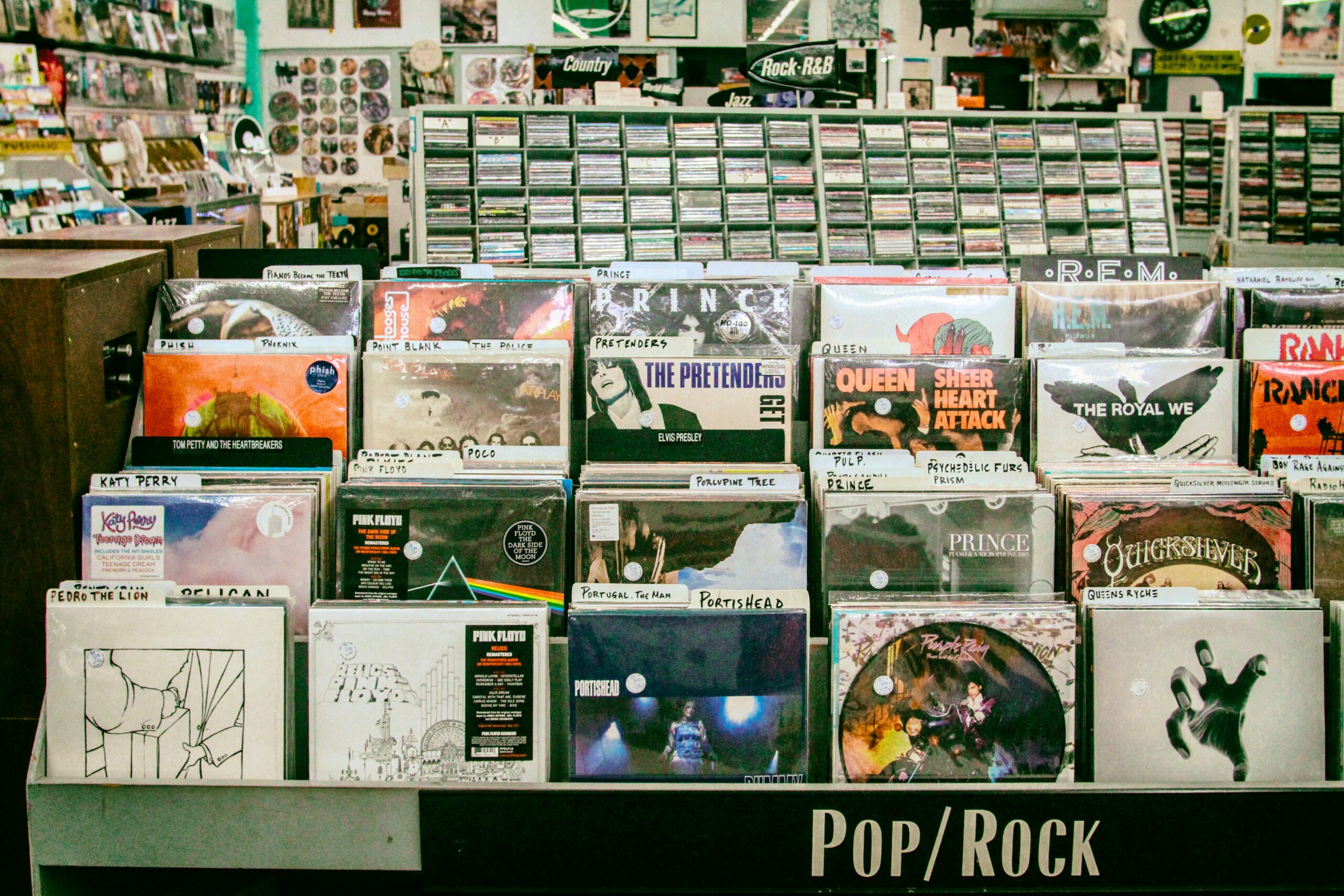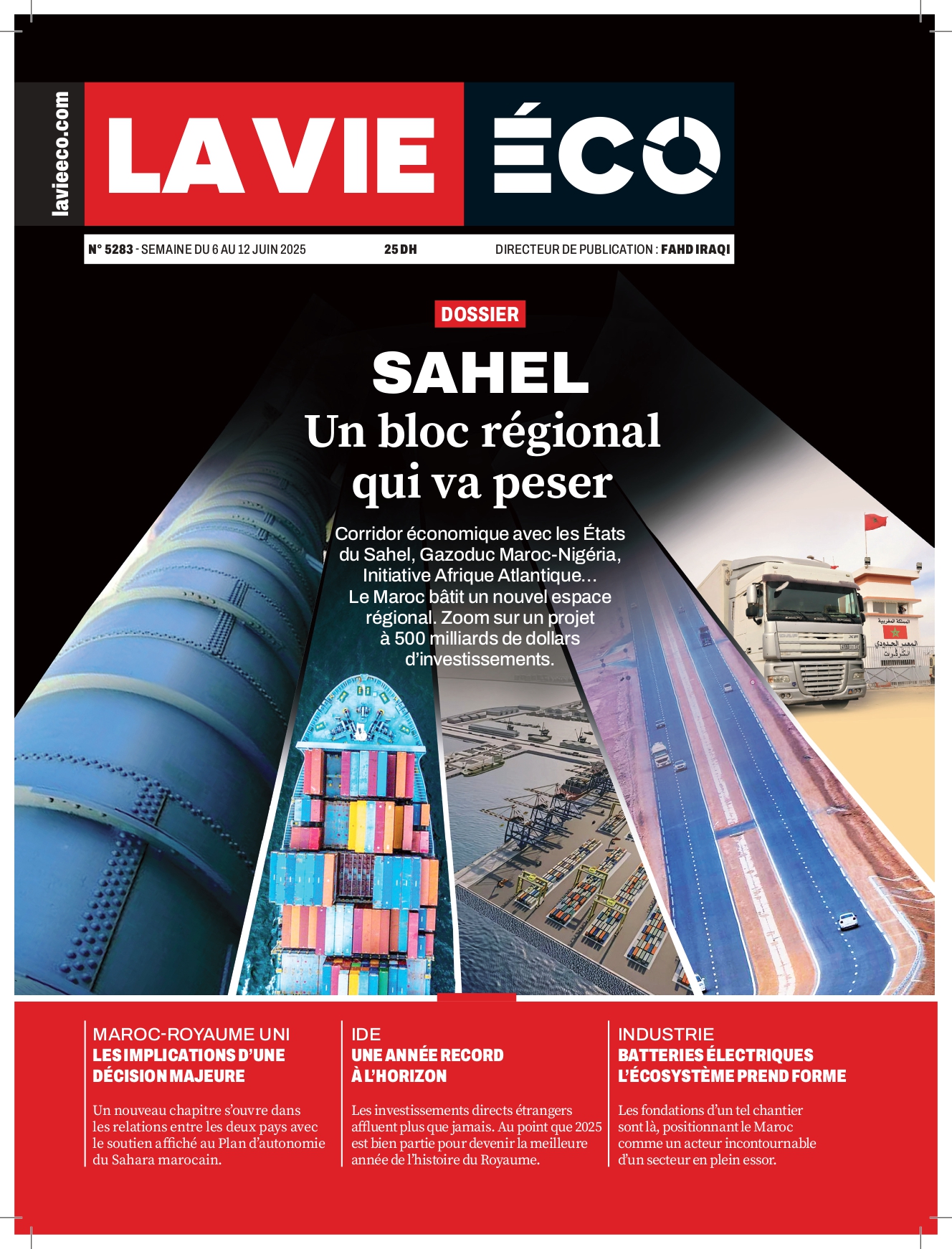Influences
Eco-Friendly Vinyl: Balancing Popularity with Sustainability

The resurgence of vinyl records has showcased their enduring popularity, with about 30 million units sold in the United States and United Kingdom in 2024 and the global market projected to reach $1.5 billion by 2030. However, the pressing environmental issues associated with traditional vinyl production cannot be overlooked, as records are primarily made from polyvinyl chloride (PVC), which is a non-renewable resource and involves a toxic manufacturing process that contributes to a high carbon footprint. In response, innovative solutions like Evovinyl have been developed by Evolution Music, utilizing processed sugar cane waste and organic fillers to create a material that significantly reduces reliance on fossil fuels and lowers carbon emissions; current products are approximately 98% organic, with efforts in place to achieve a fully organic solution. Vinyl pressing plants, such as Packaged Sounds, have begun adopting eco-friendly materials, leading to a 15% reduction in energy consumption during pressing compared to PVC. Furthermore, major music labels have expressed interest in these sustainable vinyl options, successfully completing projects for artists like Coldplay and Camila Cabello. Nonetheless, the industry faces the challenge of scaling up the production of these sustainable materials while maintaining quality and confidence in new product offerings.
Source: CNBC



